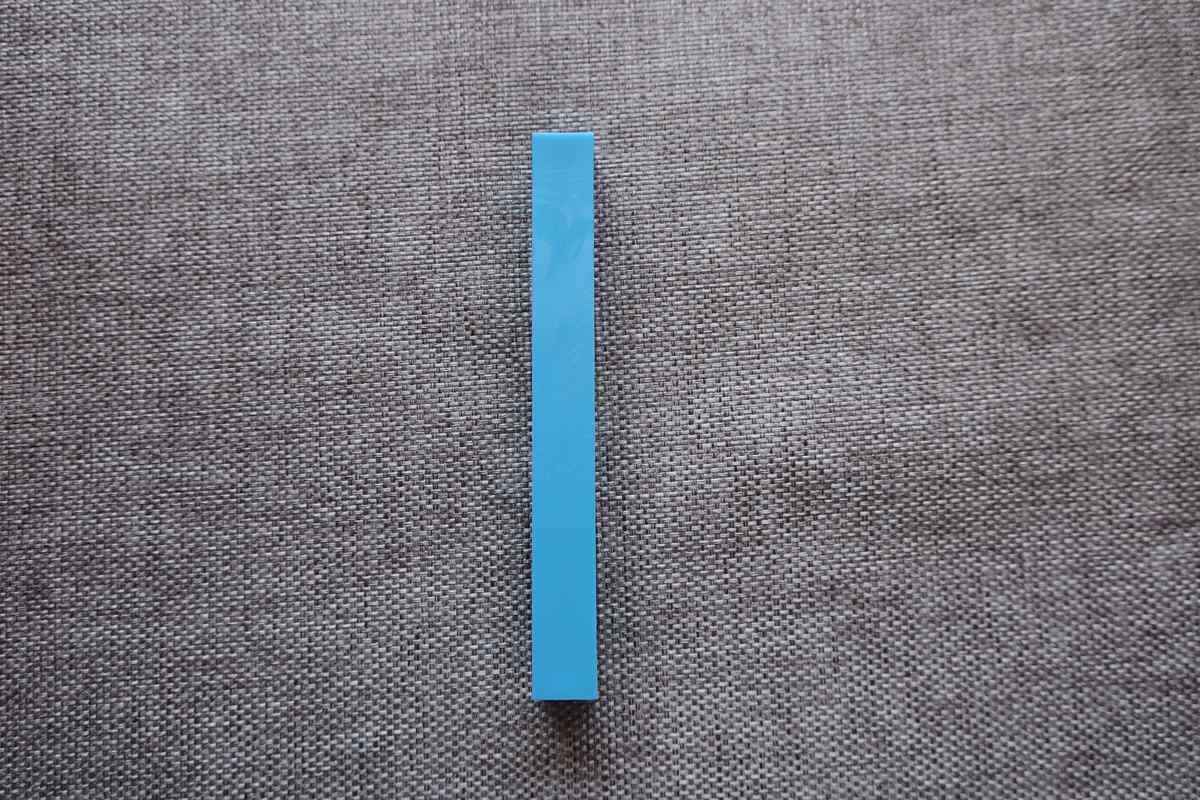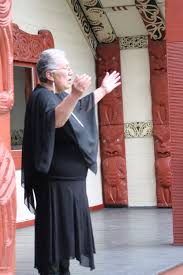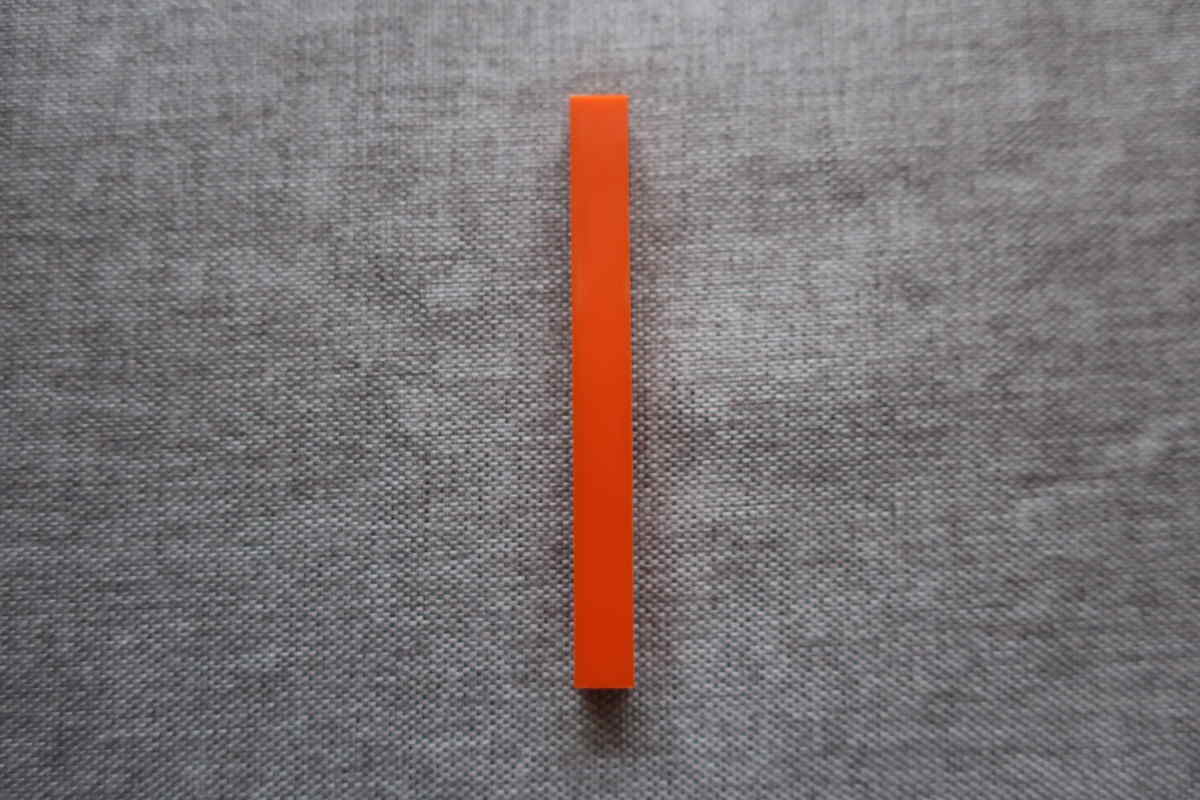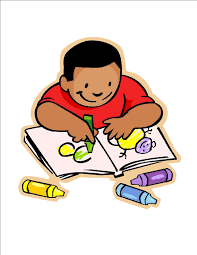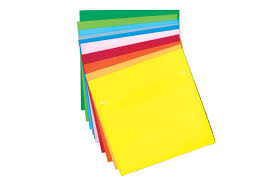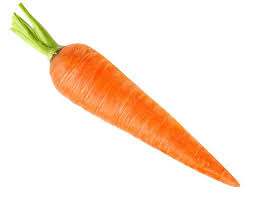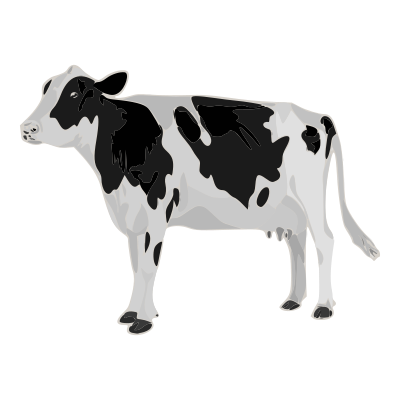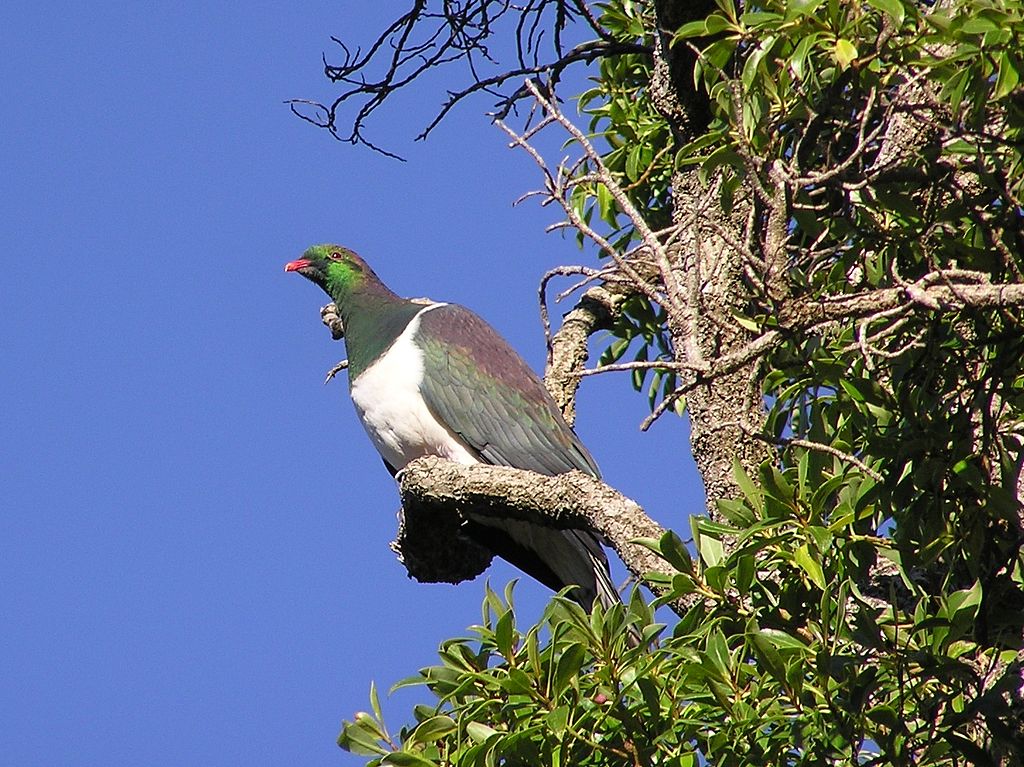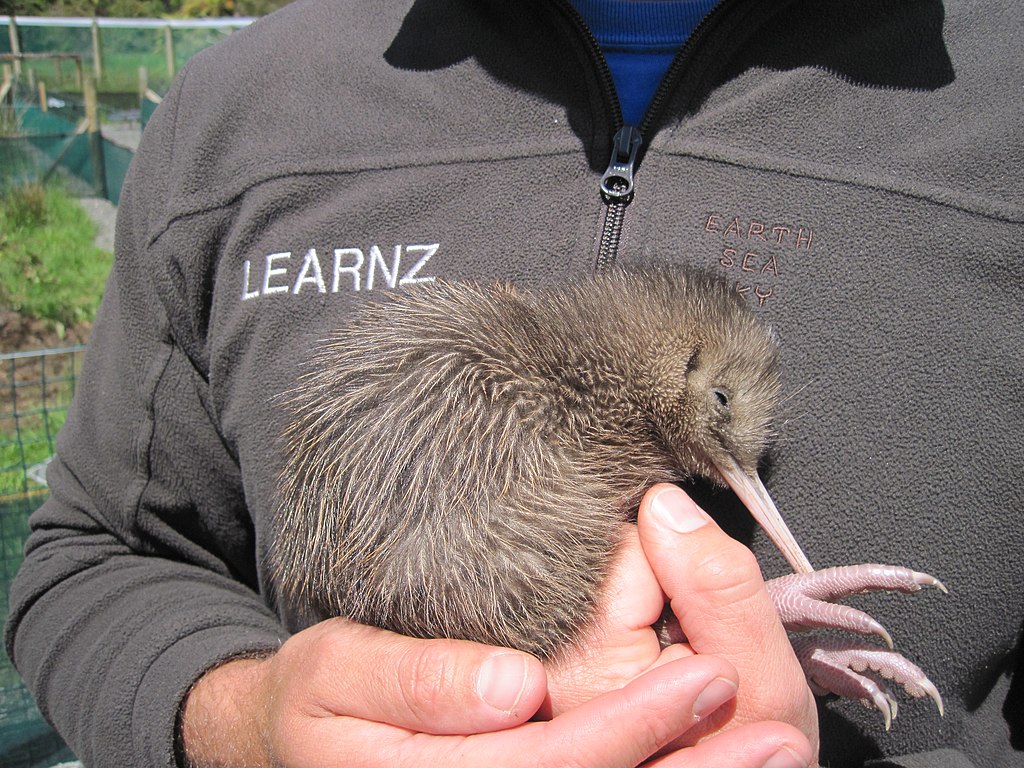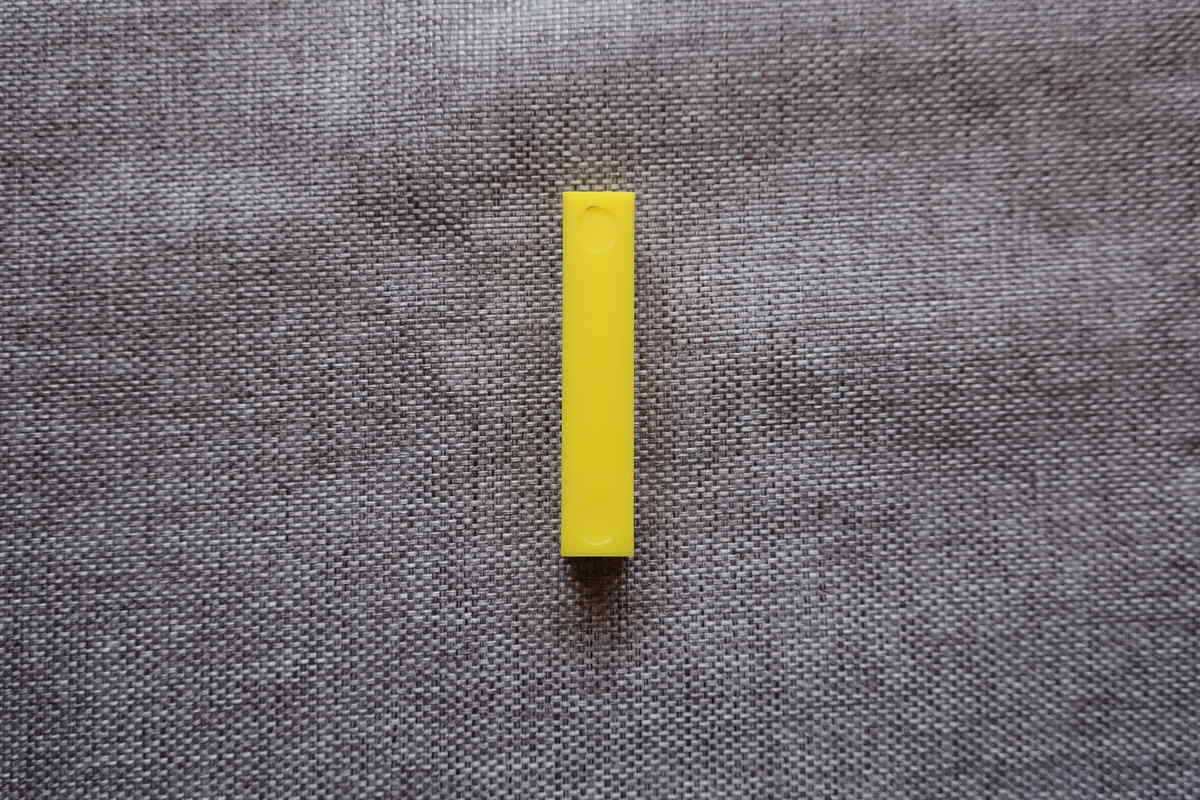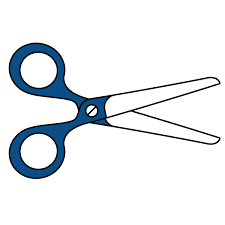iwaNine, 9 |
Ka(Particle) used before a verb when the action is in the future. |
KahurangiBlue
|
Kai.1.(noun). food/meal. |
Kaiako1. (noun) teacher, instructor. |
Kaiāwhina1. (noun) helper, assistant, contributor, counsel, advocate. |
KaikarangaCaller - the woman (or women) who has the role of making the ceremonial call to visitors onto a marae, or equivalent venue, at the start of a pōwhiri. The term is also used for the caller(s) from the visiting group who responds to the tangatawhenua ceremonial call. Traditionally this role was based on one's status within the hapū or whānau, the eldest sister normally being given the role. Skilled kaikaranga are able to use eloquent language and metaphor and to encapsulate important information about the group and the purpose of the visit.
|
Kaiotaotavegetarian |
Kairīwhi1. (loan) (noun) reliever, successor, substitute, replacement. |
Kaitautoko1. (noun) supporter, sponsor, backer, advocate, benefactor, seconder (meeting). |
Ka mau te wehiThat's amazing! |
Ka mutu pea how great, how marvellous, how wonderful - an idiom used to praise a person or something. how great, how marvellous, how wonderful - an idiom used to praise a person or something. |
Kānga pakō1. (loan) (noun). Popcorn |
Kapuacloud |
KarakaOrange
|
Karakara(verb) - to colour
|
karakia1. (verb) (-tia) to recite ritual chants, say grace, pray, recite a prayer, chant. |
karawhiuaGo for it! Give it heaps! Give it everything you got! |
Kareaothin stratus cloud |
KareraLime green
|
Kāri(loan) (noun) - cardboard
|
Karoti
Carrot |
Kātahi rā koe!"Right on, you!" "You're on the money!" |
KauCow
|
Kāuta-repomud-kitchen |
kei a wai?who has it? |
kei runga noa atu koeYou're the best |
Kei te(Particle) in the act of, is, are - when followed by a verb indicates continuing action in the present. |
Kei wheaWhere? |
Kererū(noun) New Zealand pigeon, kererū, Hemiphaga novaeseelandiae - a large green, copper and white native bush pigeon which was eaten by Māori. Kererū were one of two foods harvested during the Māori new year.
|
Kete(Noun) Basket |
ki(particle) to, into, towards, on to, upon - indicates motion towards something |
Kiriatavideo |
Kiwi(noun) northern brown kiwi, North Island brown kiwi, kiwi feather, Apteryx mantelli and tokoeka, Apteryx australis - flightless, nocturnal endemic birds with hair-like feathers and a long bill with sensitive nostrils at the tip.
|
Koaplease |
koe(pronoun) you (one person) - like all pronouns and personals, takes a when following ki, i, kei and hei but does not take a when used as the subject of the sentence. Never occurs after he, te and ngā and is not used after the prepositions a, o, mā, mō, nā, nō or with tā and tō. |
Kohanga ReoMāori language preschool. |
Kohufog/mist |
Koia, kei a koeYou've got it! You got the skills! |
Kōpakaice |
Kōpaki moesleeping bag |
Korekaublank |
Kōreroconversation Taranaki same word |
kotahi(numeral) be one, single, alone, 1 |
KōtiroGirl |
ko wai?who? |
KōwhaiYellow
|
Kua(particle)
has, had, have, will have - a particle used
before ordinary verbs and statives denoting that an action is under way
or completed, or a state established. It relates to something that has
changed from one state to another |
KūahaDoor |
kutikutiscissors
|
